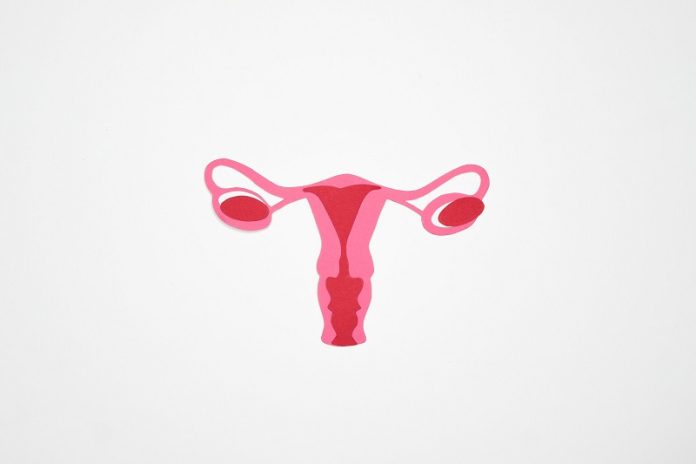
Scientists have uncovered a rare genetic variant that can cause women to experience menopause up to nine years earlier than usual.
The study, published in Nature Genetics, was conducted by researchers from deCODE genetics and collaborators in Iceland, Denmark, the UK, and Norway.
Their findings highlight the significant impact of this genetic variant on women’s reproductive health.
Menopause, which marks the end of a woman’s fertility, usually occurs between the ages of 45 and 55.
However, women with this rare genetic variant in the CCDC201 gene may go through menopause much earlier.
This gene, which was only identified as a protein-coding gene in humans in 2022, plays a crucial role in egg cell development.
When both parents pass down a copy of this variant, the woman is homozygous for the variant and is likely to experience menopause much earlier, on average nine years before non-carriers.
In their study, the researchers analyzed genetic data from more than 174,000 women from Iceland, Denmark, the UK, and Norway.
They identified a specific “stop gain” variant in the CCDC201 gene, which causes the gene to stop functioning properly. This variant was found in approximately 1 in 10,000 women of Northern European descent.
Women who inherit two copies of this genetic variant (one from each parent) are at a much higher risk of experiencing primary ovarian insufficiency, which is defined as menopause before the age of 40.
Nearly half of these women with this genotype experience early menopause, significantly reducing their chances of having children later in life.
Most women with this condition have fewer children and rarely give birth after the age of 30.
The discovery of this rare genetic variant emphasizes the importance of studying different genetic models to understand conditions like early menopause.
Most genetic studies focus on individuals with only one copy of a genetic variant, but this research highlights the effects of having two copies of this rare variant.
For women who carry this variant, early genetic counseling could be beneficial. Knowing their risk of early menopause can help women make informed reproductive choices and manage any symptoms associated with early menopause.
This discovery could lead to better support and treatment options for women at risk of early menopause due to their genetic makeup.
If you care about wellness, please read studies about how ultra-processed foods and red meat influence your longevity, and why seafood may boost healthy aging.
For more health information, please see recent studies about the power of pickle juice ,and time-restricted eating: a simple way to fight aging and cancer.



